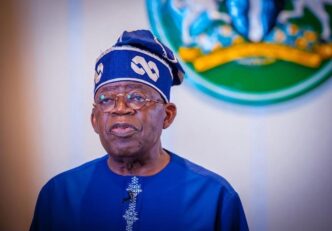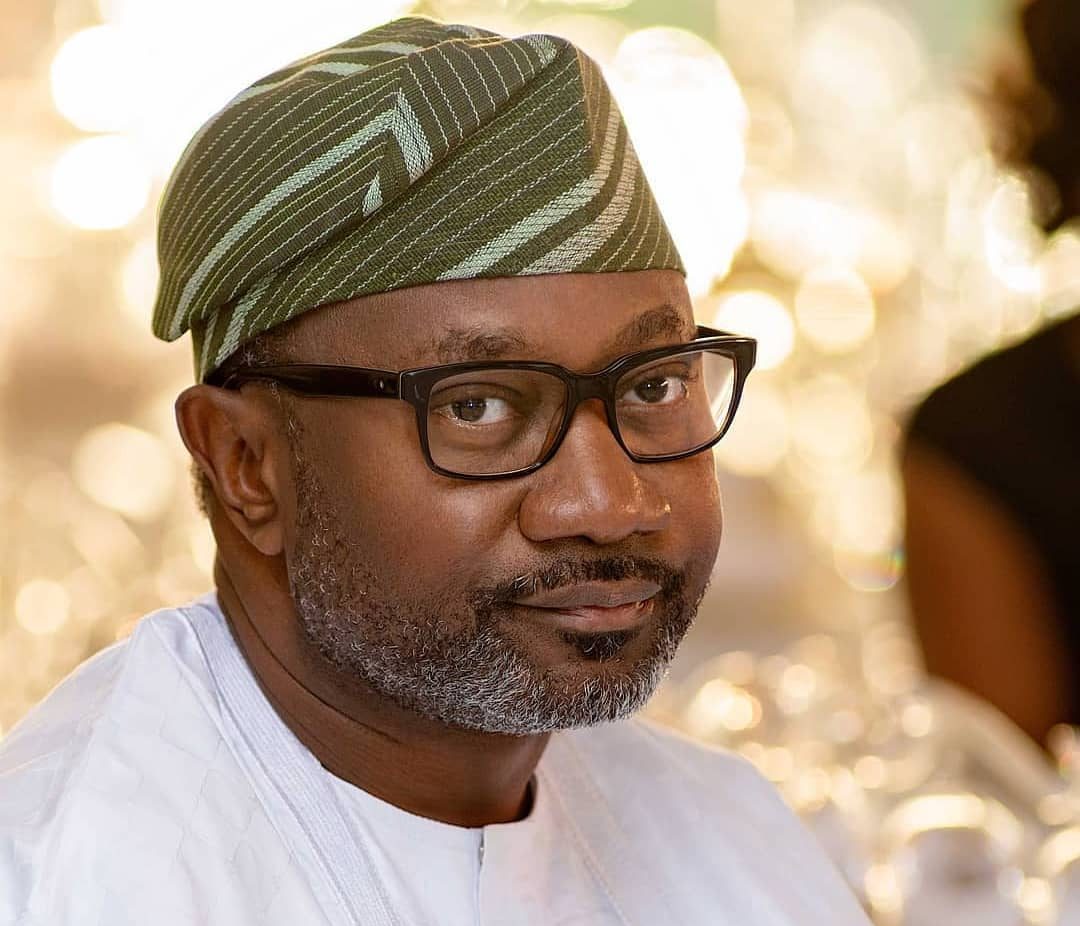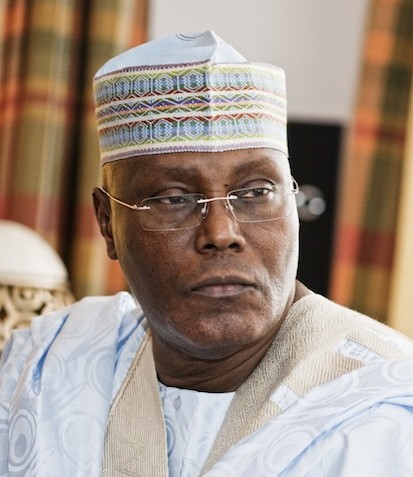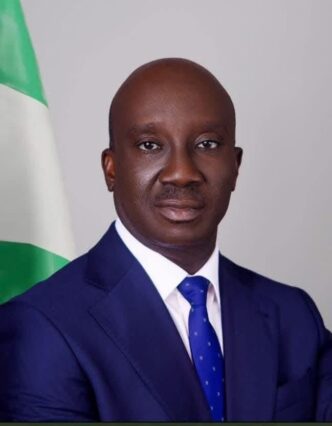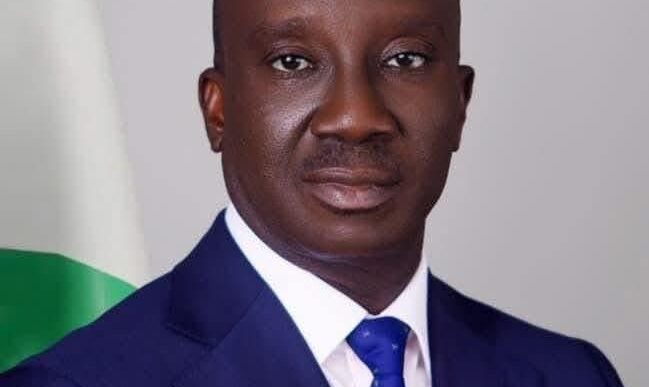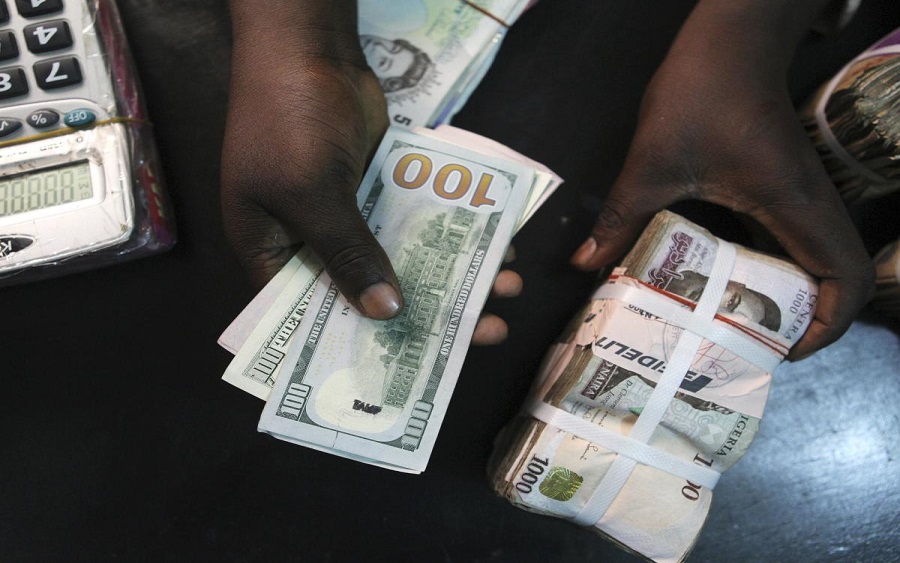President Bola Ahmed Tinubu has called on the United Nations to embrace sweeping reforms, warning that the body risks losing relevance as global crises continue to unfold beyond its influence.
Gatekeepers News reports that Tinubu delivered Nigeria’s statement at the 80th UN General Assembly in New York through Vice President Kashim Shettima.
The president faulted the organisation’s slow response to pressing issues, citing ongoing conflicts in the Middle East and other regions as stains on our collective humanity. He cautioned that the credibility of the UN was being undermined by the gap between its resolutions and its actions.
He said, “For all our careful diplomatic language, the slow pace of progress on these hardy perennials of the UN General Assembly debate has led some to look away from the multilateral model.”
“Some years ago, I noticed a shift at this gathering: key events were beginning to take place outside this hall, and the most sought-after voices were no longer heads of state.”
Tinubu listed four major priorities for reform, with Nigeria’s demand for a permanent seat on the UN Security Council at the centre.
The president said, “Nigeria must have a permanent seat at the UN Security Council. The United Nations will recover its relevance only when it reflects the world as it is, not as it was.”
He traced Nigeria’s journey from a colony of 20 million people, absent from the tables where decisions about our fate were taken to a sovereign nation of over 236 million, projected to be the third most populous country in the world, with one of the youngest and most dynamic populations on earth.
Tinubu restated Nigeria’s position on international issues, including support for nuclear disarmament, fairer global trade and finance systems, and a two-state solution in the Middle East.
He said, “We say, without stuttering and without doubt, that a two-state solution remains the most dignified path to lasting peace for the people of Palestine.”
Tinubu also proposed the creation of a new debt resolution mechanism for developing nations, describing it as a sort of International Court of Justice for money. He argued that urgent debt relief was not charity but a clear path to the peace and prosperity that benefits us all.
Highlighting Africa’s resources, he said, “Africa – and I must include Nigeria – has in abundance the critical minerals that will drive the technologies of the future.” He added that processing raw materials locally would reduce inequality and foster global stability.
On technology, Tinubu said that “‘A.I.’ must stand for ‘Africa Included’” while urging global action to close the wealth and knowledge gap. Domestically, he admitted Nigeria’s economic reforms were painful but necessary.
He said, “The government has taken difficult but necessary steps to restructure our economy and remove distortions that benefited the few at the expense of the many.”
On security, Tinubu argued that ideology, not force alone, determines long-term outcomes. He said, “Military tactics may win battles measured in months and years, but in wars that span generations, it is values and ideas that deliver the ultimate victory.”
He reaffirmed Nigeria’s commitment to multilateralism, peace, and human rights, warning that global safety is indivisible.

